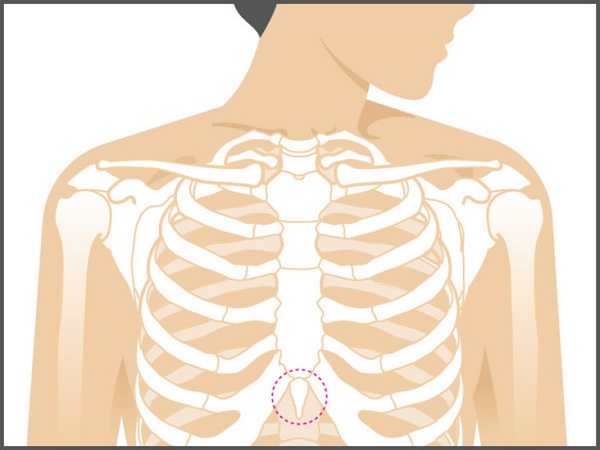Keep Your Heart In Check

Cardiovascular disease is the leading cause of mortality globally, accounting for almost one-fourth of all fatalities each year. A stroke occurs per 40 seconds around the globe.
Many adults, even young adults, are experiencing heart problems in Sydney. The best you can do before things get worse is to visit an electrophysiologist in Sydney.
Although a cardiologist is trained to treat most heart diseases, the expertise of a cardiac subspecialist is occasionally necessary. One well speciality is electrophysiology.
An electrophysiologist often referred to as a cardiac electrophysiologist and cardiac EP is a doctor who aims to treat abnormal heart rhythms or arrhythmias. Specialists analyse your core’s power system, which transmits an electrical signal via the cells to control cardiac pulse rate.
Cardiac electrophysiologists (EPs) detect, assess, and treat irregular heart rhythms. Arrhythmias are irregular heartbeats. EPs must understand how the heart operates, what types of arrhythmias exist, and what causes them. Specialists in Sydney also know how to carry out various types of testing. They understand how to insert unique gadgets in the system that controls the pulse. They also perform specialised operations, like heart excision, to correct irregular heartbeats. They could also prescribe medication, counsel lifestyle modifications, and offer other advice. They frequently collaborate with a conventional cardiology clinic or a cardiac facility.
What Is the Role of an Electrophysiologist?
An Electrophysiologist in Sydney often works in a more prominent cardiac clinic or hospital, testing for, diagnosing, and treating irregular heartbeats. In the process, they are instructed to use highly specialised tests, instruments, and techniques. They might even prescribe medication as well as provide lifestyle recommendations.
The electrophysiologist helps accurately diagnose a variety of disorders, including:
Bradycardia. An abnormally sluggish heartbeat.
Tachycardia. An abnormally rapid pulse. There are three major varieties based on how the disease begins in the heart.
Atrial Fibrillation is a cardiac rhythm disorder in which the heart rate is irregular. A trembling, fluttering heartbeat.
The arrest of the heart. The abrupt cessation of your heartbeat.
Additional arrhythmias and cardiac conditions
Reasons to Consult with an Electrophysiologist
The general practitioner or another doctor may recommend you to the electrophysiologist when you have an irregular heart rate.
Are experiencing or considering cardiac ablation, a technique that generates damaged tissue to cure heart disease
Syncope, or an abrupt unconsciousness, should be avoided.
A pacemaker or implanted cardiac defibrillator may be beneficial (ICD)
An Electrophysiologist in Sydney is often seen by recommendation rather than negotiating directly.
What to Consider at an Electrophysiologist’s Office
Electrophysiology studies (EPS) examine the electrocardiogram ( ECG to pinpoint the aetiology of an arrhythmia. A small underpinning electrode canal will be inserted into a blood artery leading to your heart by the specialist. This focus on facilitating is commonly in the groin. However, it can also be in the forearm or neck. They will then transmit electronic signals to your pulse and monitor its function.
Electrophysiology tests in Sydney are often performed in a dedicated facility within a local clinic. This chamber is also known as the electrophysiology lab (or EP lab) or the cardiology lab. The exam will last for between 1 – 4 hours.
You should do the following before having EPS:
Do not drink or eat anything for 6-eight hours well before the procedure.
Make your doctor aware of any medicines or drugs you use and respect their recommendations.
Get somebody to accompany you to and from your visit.
Next, the specialist will go over your test findings and provide suggestions for your medication regimen.




